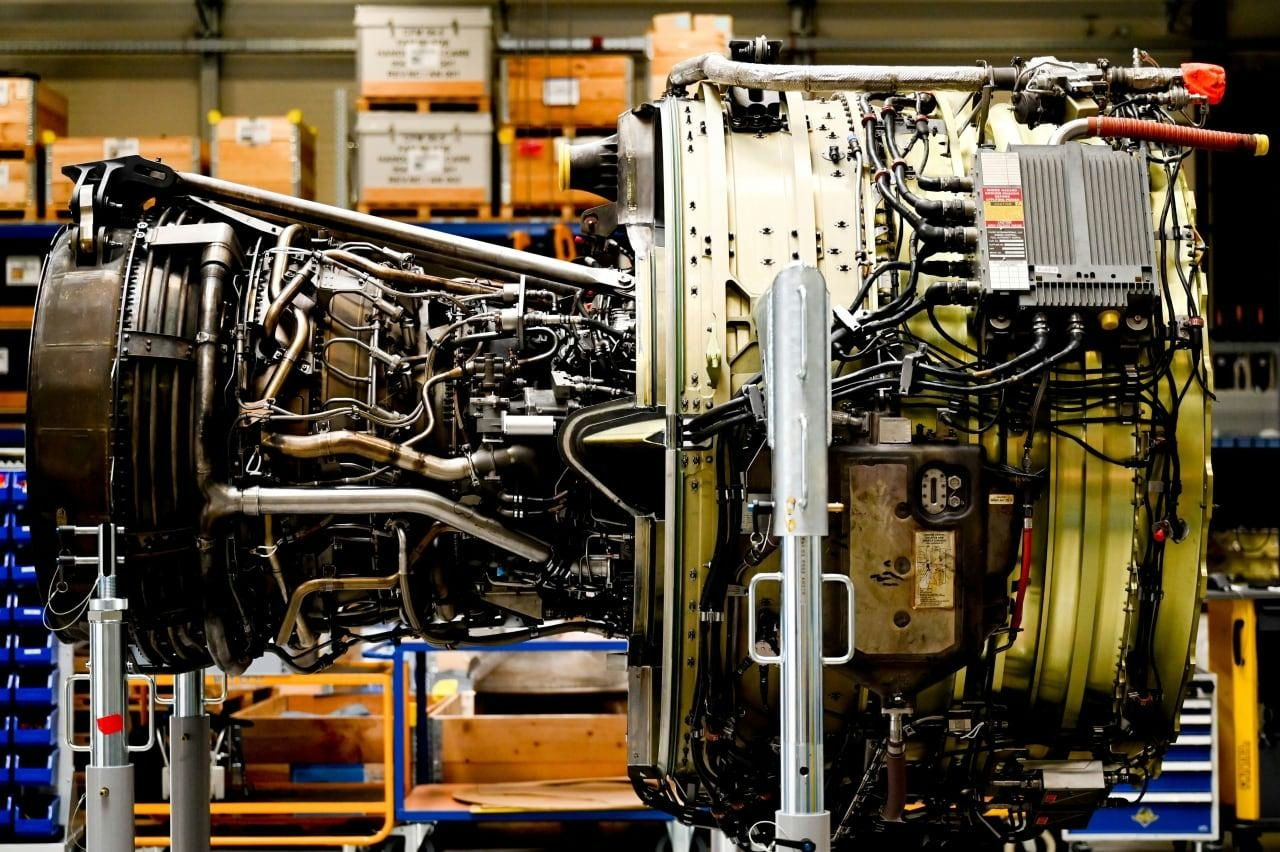AeroGenie — Votre copilote intelligent.
Tendances
Categories
FTAI Aviation Focuses on Engine Shortages and In-House Repairs

FTAI Aviation Navigates Engine Shortages Through Vertical Integration and In-House Repairs
FTAI Aviation (Nasdaq: FTAI), based in the Cayman Islands, has solidified its position in the aviation industry by combining aircraft and engine part ownership with internal engine repair capabilities. The company operates primarily through two segments: Aviation Leasing, which manages a portfolio of 109 aircraft and 312 engines as of late 2024, and Aerospace Products, which focuses on the manufacturing, repair, and sale of components for the widely utilized CFM56 and V2500 engines.
This vertically integrated business model, which merges asset ownership with both in-house and partner-supported engine maintenance, provides FTAI with a strategic advantage. By controlling the entire value chain—from leasing to repair—the company mitigates the impact of inventory shortages and maximizes the value extracted from each engine. This approach is particularly critical amid ongoing delays in new aircraft deliveries from major manufacturers such as Boeing and Airbus. FTAI’s control over maintenance and assets enables it to better manage costs, inventory levels, and profit margins, reducing vulnerability to industry-wide bottlenecks.
Market Dynamics and Strategic Positioning
The aviation sector is undergoing a significant transformation, with demand for engine maintenance in North America expected to outpace fleet growth. According to Magnetic Group, this inflection point could reshape the market landscape. While engine growth in Europe is anticipated to lag behind the global average, spending on maintenance and repairs is projected to increase. Competitors may respond by enhancing their own in-house repair capabilities or sourcing engines from alternative regions to address persistent shortages. Meanwhile, the commercial engine delivery market remains robust, with over 10,100 engines scheduled for delivery to North American customers through 2034.
FTAI’s integrated model positions it well to capitalize on these trends. The company’s ability to cross-sell leasing and repair services, combined with strong legal protections such as maintenance reserves and stringent lease-return conditions, underpins its competitive edge. Long average lease durations—47 months for aircraft and 22 months for engines—alongside a consistent record of reliable customer payments, further strengthen its market standing.
Financial Performance and Growth Outlook
Over the twelve months ending July 21, 2025, FTAI’s shares appreciated by 8.8%, rising from $105.23 to $114.44. Although this performance trails the S&P 500’s 13.8% gain, FTAI outperformed many of its sector peers, which have faced challenges from elevated borrowing costs—reflected in a net debt to EBITDA ratio of 5.47× compared to the market average of 1.35×—and investor shifts toward larger, less cyclical companies. Despite these headwinds, FTAI achieved robust sales growth of 27.1%, significantly surpassing the market average of 7.8%. This growth was driven by increased demand for engine parts and repair services. The company also invested in expanding its Montreal module factory and strengthened partnerships with parts suppliers to support ongoing revenue expansion.
Looking ahead, FTAI’s revenue growth is accelerating, supported by an expanding leasing fleet that increased from 96 to 109 aircraft year-over-year and rising aftermarket component sales. Airlines are extending the operational life of older fleets due to delivery backlogs, sustaining strong demand for CFM56 and V2500 engines. Management projects adjusted EBITDA for 2025 to range between $1.10 billion and $1.15 billion, underpinned by the production of approximately 100 modules per quarter and 25 to 35 V2500 module repair and exchange transactions annually. The company also anticipates opportunities to acquire discounted engines and aircraft, with plans to expand its footprint across North America, Europe, and the Asia-Pacific region. These initiatives are expected to drive steady mid-single-digit organic growth, complemented by strategic acquisitions.
FTAI’s combination of leasing and in-house repair capabilities, supported by strong contractual safeguards and a reliable customer base, positions the company to benefit from rising demand for engine maintenance and parts amid ongoing supply constraints and evolving market conditions.

Emirates Unveils Cabin Design for New Boeing 777X

Eighteen Years On, the Airbus A380 Remains Central to a $34 Billion Airline

How a boom in luxury airline seats is slowing down jet deliveries

Navitaire Outage Attributed to Planned Maintenance

DigiYatra Debuts Outside Aviation at India AI Impact Summit

Vietnam Orders Strengthen Boeing’s Commercial Outlook

Airbus Signals Uncertainty Over Future A400M Orders

JobsOhio Awards $2 Million Grant to Hartzell Propeller for Innovation Center

Collins Aerospace Tests Sidekick Autonomy Software on YFQ-42A for U.S. Air Force CCA Program

How the Airbus A350-1000 Compares to the Boeing 777
